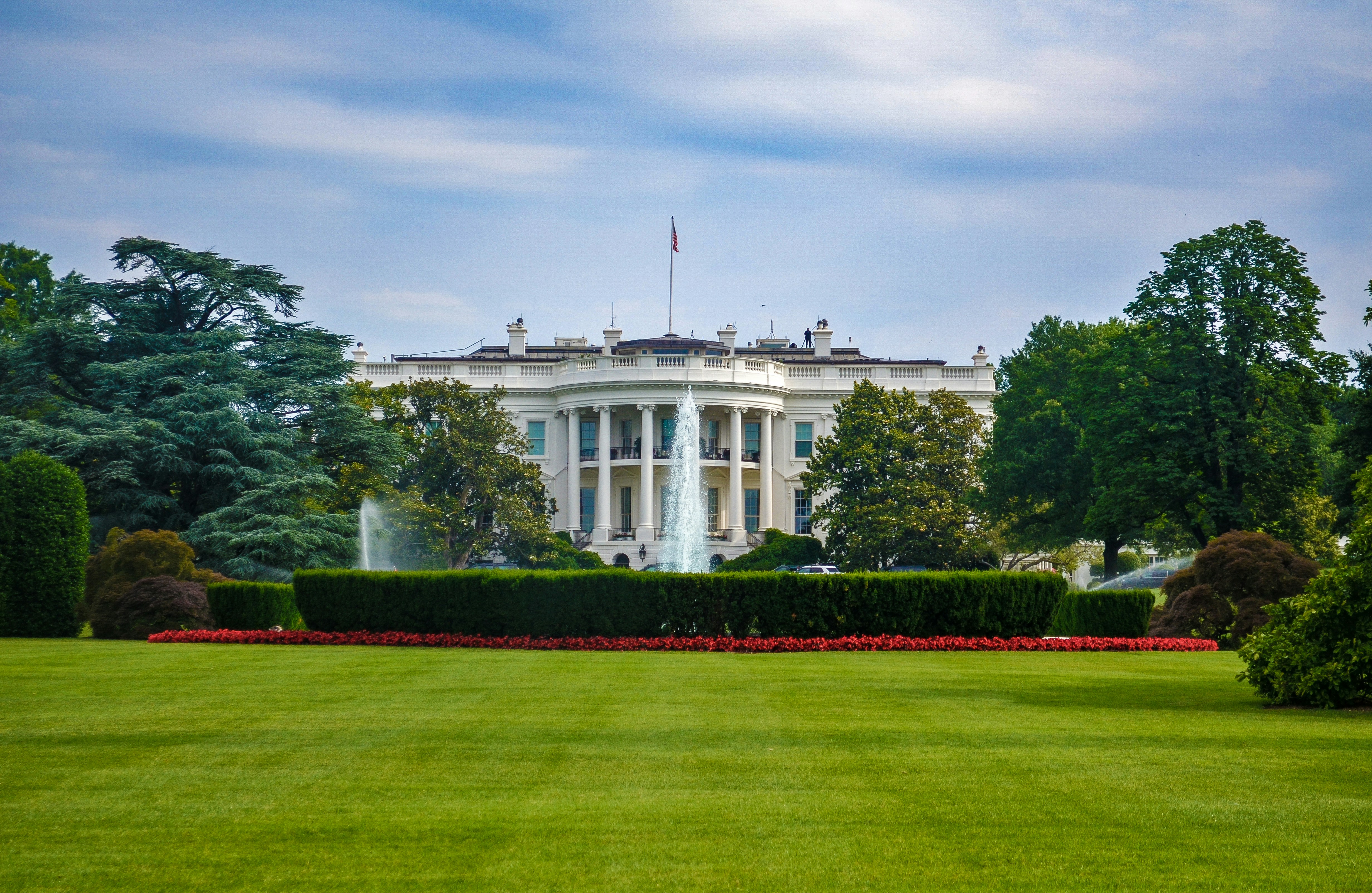Introduction
Political campaigns often evoke images of candidates addressing crowds or appearing in polished advertisements. However, behind every campaign is a team of operatives, strategists, and volunteers working tirelessly to make it all happen. These individuals are responsible for shaping campaign narratives, managing voter outreach, and navigating the complexities of modern elections. While their work is essential, the structure and culture of campaign organizations often create barriers that limit their effectiveness and diversity.
The Challenges of Breaking Into Campaign Work
For many aspiring political operatives, entering the campaign world is fraught with challenges. One major obstacle is the lack of clear pathways for entry. Jobs are rarely posted publicly, and opportunities are often distributed through informal networks. This reliance on connections limits access for individuals who don’t already have ties to the political world.
Moreover, many campaigns expect entry-level workers to take unpaid or low-paying positions, often requiring long hours and relocation. This model disproportionately excludes people without financial stability or geographic flexibility, reducing diversity in the campaign workforce.
Barriers to Utilizing Volunteer Talent
Volunteers are the lifeblood of campaigns, yet their skills are often underutilized. Despite offering significant time and expertise, many volunteers are relegated to basic tasks like phone banking or canvassing. While these activities are vital, the failure to match volunteer skills with campaign needs wastes valuable resources.
This issue stems from a culture of control within campaigns. Operatives often resist giving volunteers more responsibility due to concerns about maintaining message consistency or managing risks. However, this approach limits the potential for deeper voter engagement and fails to leverage the full capabilities of willing participants.
The Role of Professionalization in Campaigns
Campaign work has become increasingly professionalized, with operatives relying on conventional wisdom and past experiences to guide decisions. While this can create efficiencies, it also discourages innovation. For instance, campaigns are often hesitant to experiment with new strategies for fear of failure and the potential damage to their reputations.
This aversion to risk is compounded by the fact that campaign success is difficult to measure. With so many variables influencing election outcomes, it’s nearly impossible to attribute success or failure to specific strategies. As a result, campaigns often default to familiar tactics, even if they are outdated or ineffective.
The Disconnect Between Campaigns and Voters
One of the most significant critiques of modern campaigns is their focus on performance rather than conversation. Campaigns are often treated as isolated events rather than parts of an ongoing effort to engage voters. This approach prioritizes short-term goals, such as winning elections, over building long-term relationships with constituents.
For voters, this lack of connection can lead to feelings of disengagement. Many report that their interactions with campaigns are limited to transactional requests for donations or votes. Few campaigns invest in meaningful dialogue with voters to understand their concerns and priorities.
How Campaigns Can Address These Challenges
To become more effective and inclusive, campaigns must rethink their structures and strategies. Here are some actionable steps:
1. Diversify Recruitment:
Campaigns should adopt transparent hiring practices and actively seek candidates from diverse backgrounds. Platforms like job boards tailored to political work can help democratize access to opportunities.
2. Pay Entry-Level Staff Fairly:
Providing competitive wages and benefits for entry-level positions will attract a broader pool of talent. This approach ensures that financial constraints don’t exclude qualified individuals from participating in campaign work.
3. Empower Volunteers:
Rather than assigning volunteers to generic tasks, campaigns should assess their skills and interests. Offering roles that align with volunteers’ expertise not only increases engagement but also enhances campaign effectiveness.
4. Invest in Long-Term Relationships:
Campaigns should prioritize relational organizing, focusing on building trust and connections with voters over time. Strategies like deep canvassing and relational voter outreach can foster meaningful engagement and improve turnout.
5. Foster a Culture of Innovation:
Encouraging experimentation and embracing new strategies can lead to more effective campaigns. While risks are inherent, they are necessary for growth and adaptation in a rapidly changing political landscape.
Lessons from Political Operatives
Despite the challenges, political operatives bring invaluable skills and dedication to their work. Most are driven by a genuine belief in their causes and a desire to make a difference. Many operatives choose campaign work over more lucrative opportunities because they are passionate about shaping the future.
Their ability to navigate high-pressure environments, adapt to rapidly changing circumstances, and manage complex logistics is a testament to their resilience and commitment. By addressing systemic issues in the industry, campaigns can better support these individuals and amplify their impact.
The Future of Political Campaigns
As the political landscape continues to evolve, campaigns must adapt to meet the needs of both their teams and their constituents. This includes creating more inclusive and sustainable work environments, leveraging volunteer talent effectively, and prioritizing voter engagement over performance metrics.
By embracing these changes, campaigns can build stronger connections with voters, attract diverse talent, and ultimately achieve greater success. The people behind the scenes are the foundation of every campaign, and investing in their development is key to shaping the future of politics.
Want even more news and insights from the pros who make politics happen? Become a Campaign Trend Insider and unlock exclusive, subscriber-only content every week for just $10 per month. Also remember to subscribe to our YouTube Channel for podcasts and additional content.





.jpg)
.jpg)
